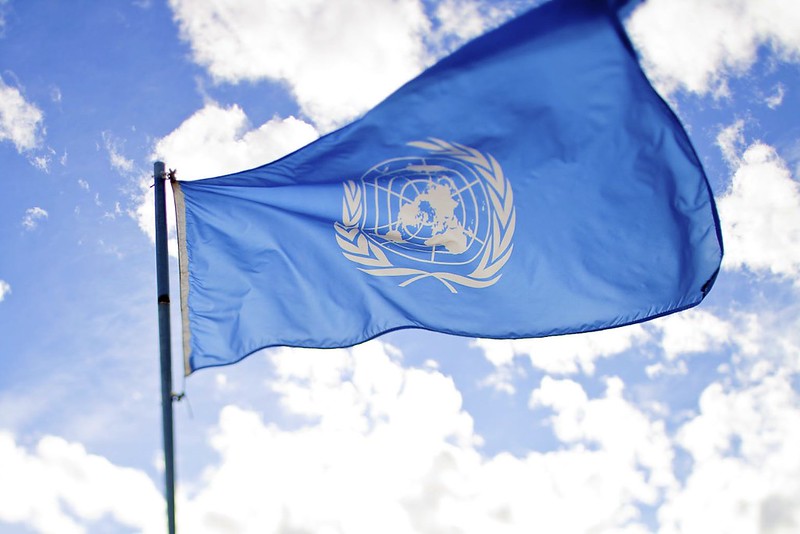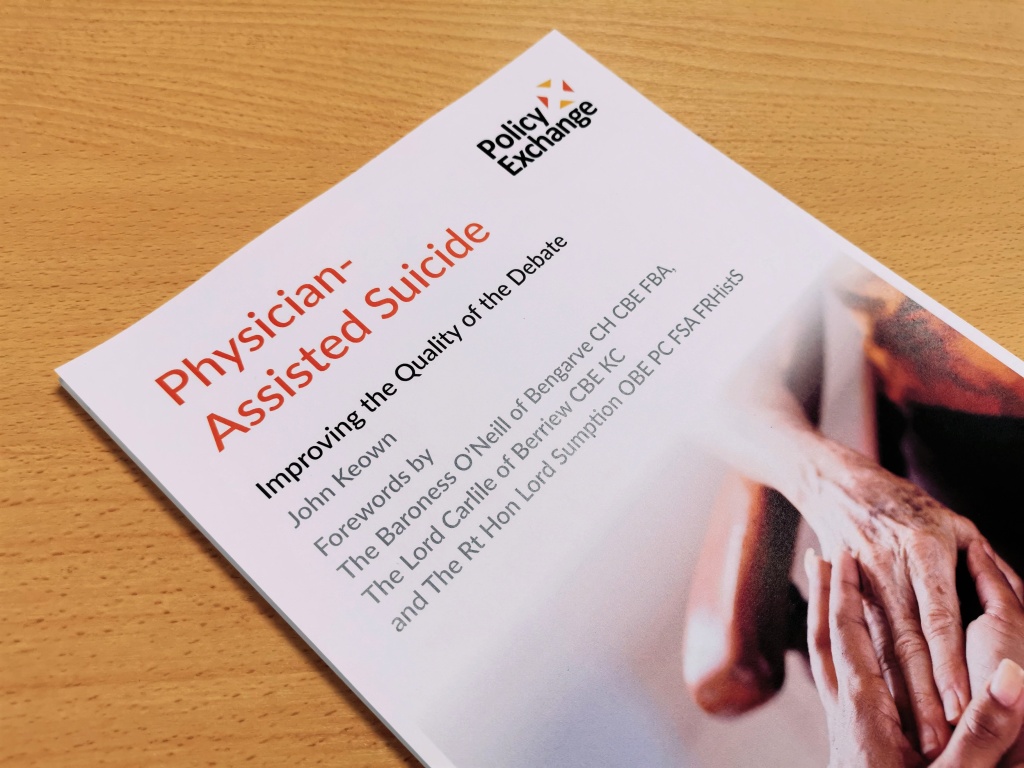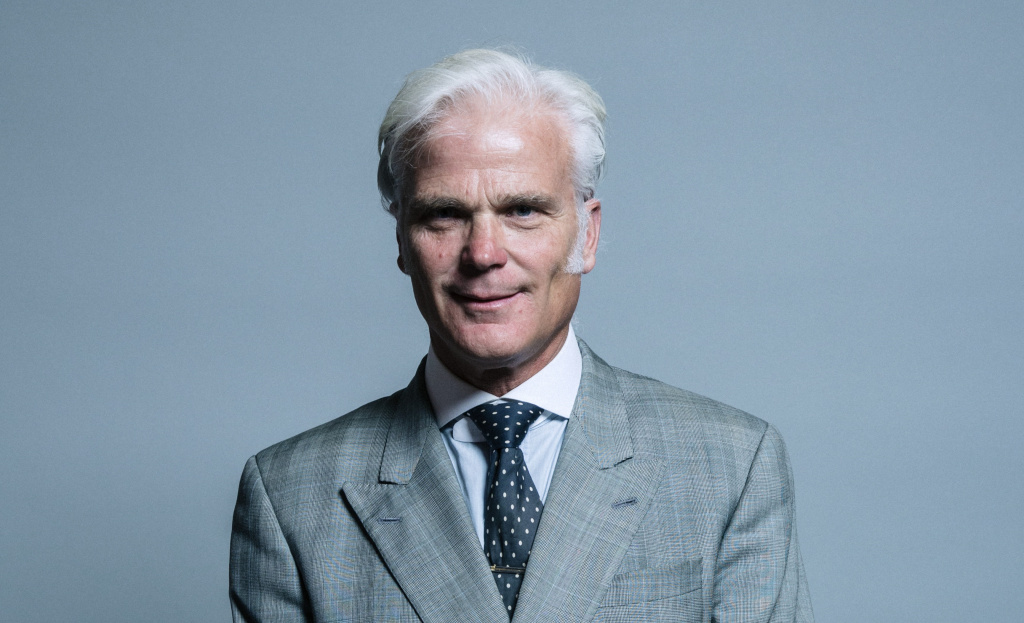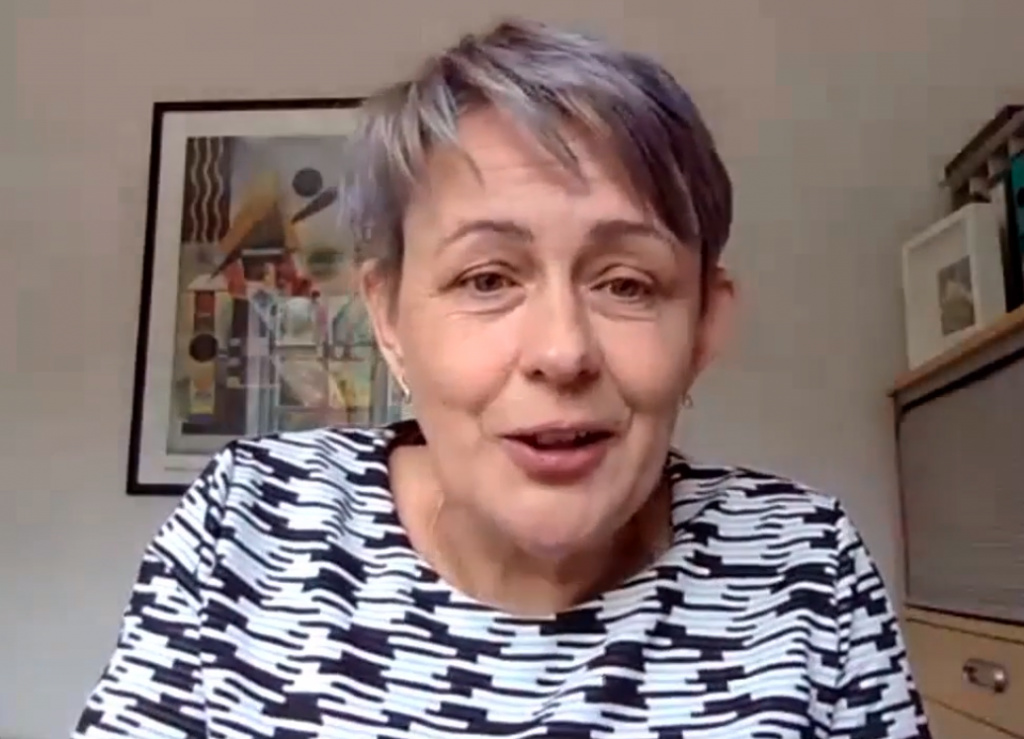UN Human Rights Special Rapporteurs have 'expressed alarm at a growing trend to enact legislation enabling access to medically assisted dying based largely on having a disability or disabling conditions, including in old age.' Gerard Quinn (Special Rapporteur on the rights of persons with disabilities), Olivier De Schutter (Special Rapporteur on extreme poverty and human rights) and Claudia Mahler (Independent Expert on the enjoyment of all human rights by older persons) expressed concern at a time when Canada is preparing to extend its law beyond terminal illnesses, and the Netherlands is considering extension to children younger than 12 and to older people who are 'tired of life.'
'We all accept that it could never be a well-reasoned decision for a person belonging to any other protected group - be it a racial minority, gender or sexual minorities - to end their lives because they experience suffering on account of their status.'
'Assumptions [about the inherent 'quality of life' or 'worth' of the life of a person with a disability] which are grounded in ableism and associated stereotypes, have been decisively rejected by the Convention on the Rights of Persons with Disabilities. Disability is not a burden or a deficit of the person. It is a universal aspect of the human condition.'
'Disability should never be a ground or justification to end someone's life directly or indirectly.'
The rapporteurs went on to echo the call made by the advocates of Not Dead Yet, Scope and others: nothing about us, without us.
'The proportion of people with disabilities living in poverty is significantly higher, and in some countries double, than that of people without disabilities… People with disabilities condemned to live in poverty due to the lack of adequate social protection can decide to end their lives as a gesture of despair. Set against the legacy of accumulated disadvantages their 'architecture of choice' could hardly be said to be unproblematic.'
'It is paramount that the voices of people with disabilities of all ages and backgrounds are heard when drafting laws, policies and regulations that affect their rights, and especially when we talk about the right to life… Ensuring that people with disabilities and their representative organisations participate meaningfully in key legislative processes affecting them, including with regard to assisted dying, is a key component of States' obligations to promote, protect and fulfill human rights and respect everyone's right to life on an equal basis.'
Read the press release in full.
Image © sanjitbakshi, licensed for reuse under CC Licence










